CREATIVE, MENTAL, SOCIAL, LEARNING AND PHYSICAL DEVELOPMENT
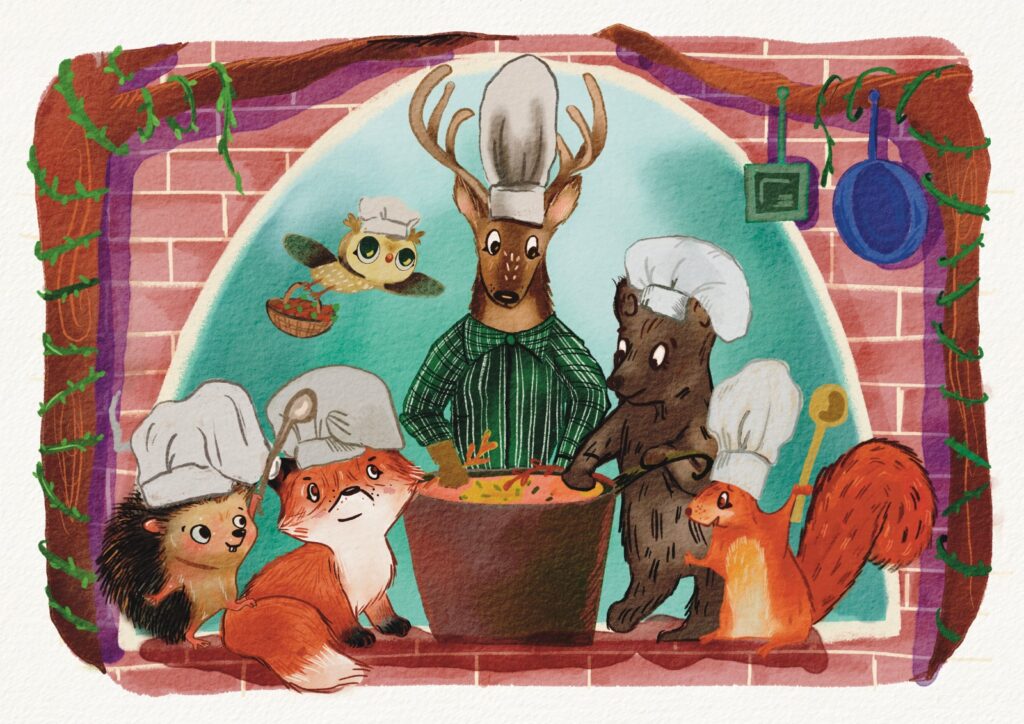
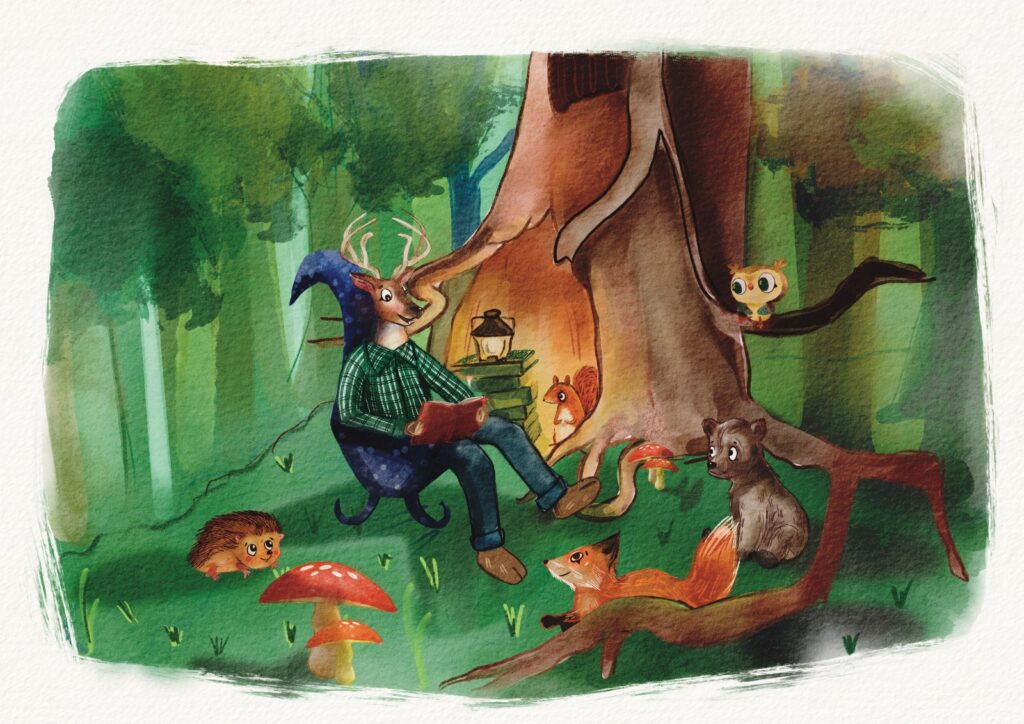
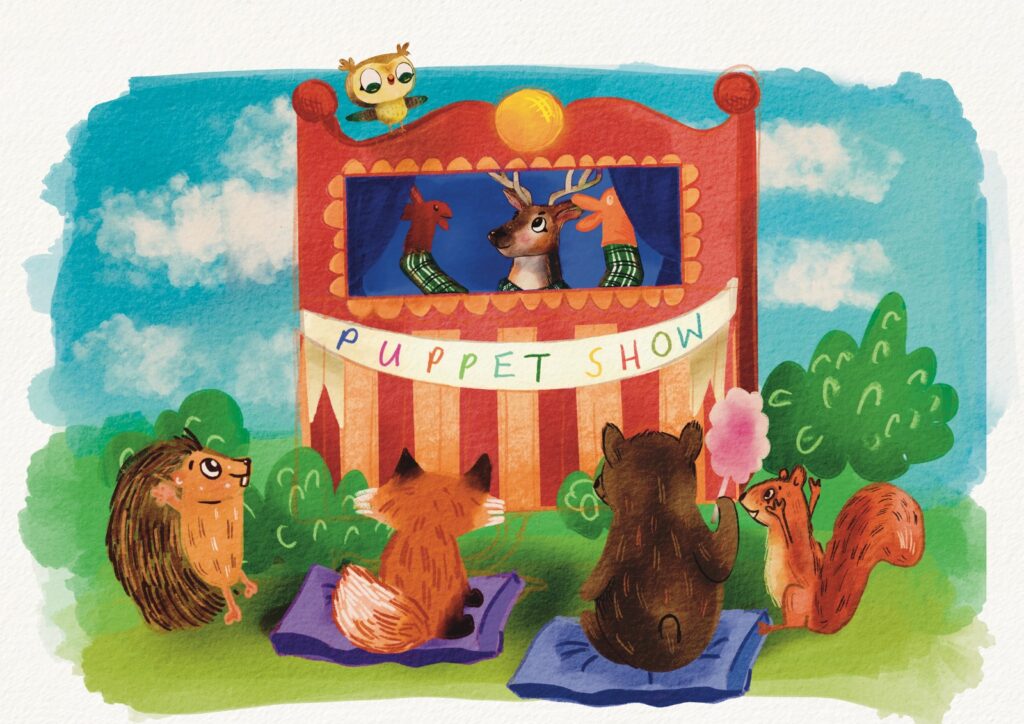
Start Building A Better Future For Your Children
A flexible curriculum that shapes to reflect children's individual needs. Tailor-made for each child to achieve each milestone.

Physical Development
Physical development incorporates the skills needed for movement, awareness of the body, gaining a sense of space and understanding the components of a healthy lifestyle. We aim to establish good habits from an early age so that there is a long-term positive attitude towards healthy lifestyle choices and enjoyment of the intrinsic benefits of physical activity. Children and young people are supported to develop the skills they need to be as independent as possible in their adulthood. They are equipped to become more self-directed, make choices, organize and plan tasks. They develop skills to manage their own self-care through overlearning of daily routines. Children and young people develop the skills they need to access their communities through regular opportunities to learn and rehearse these in the contexts they will be used.
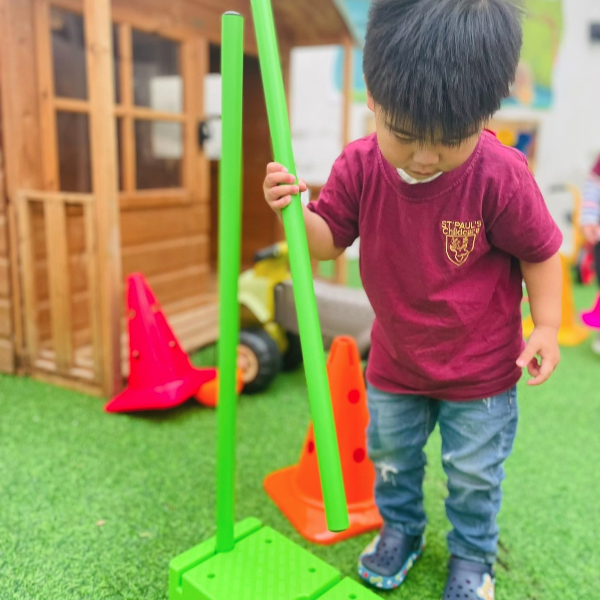
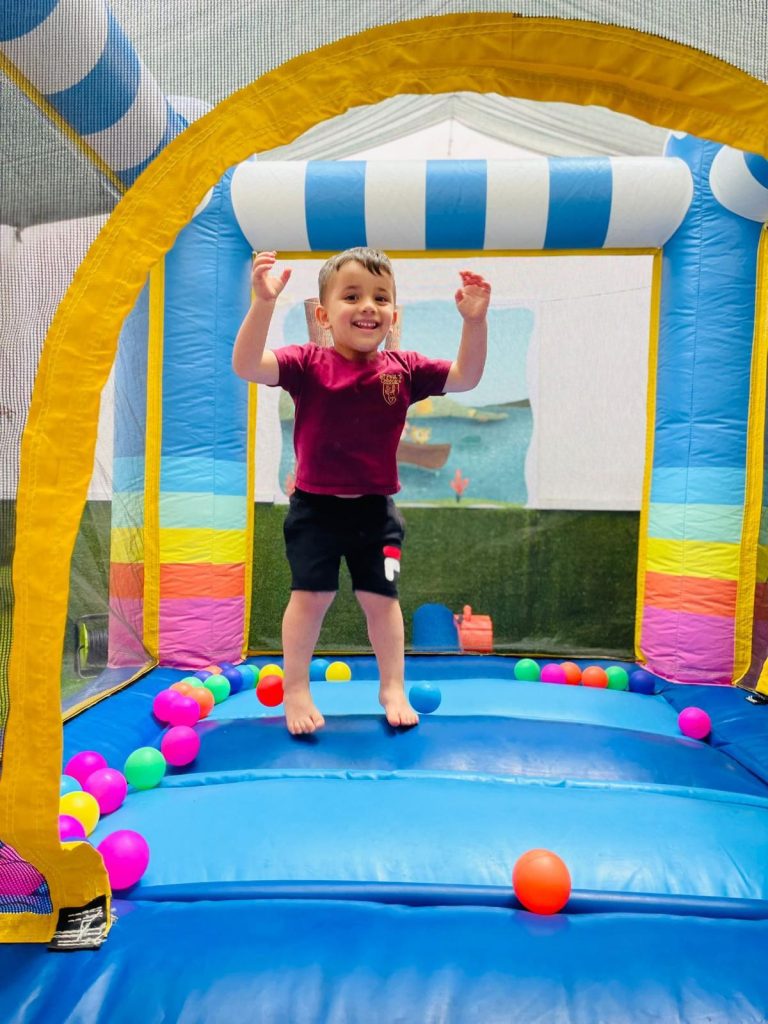
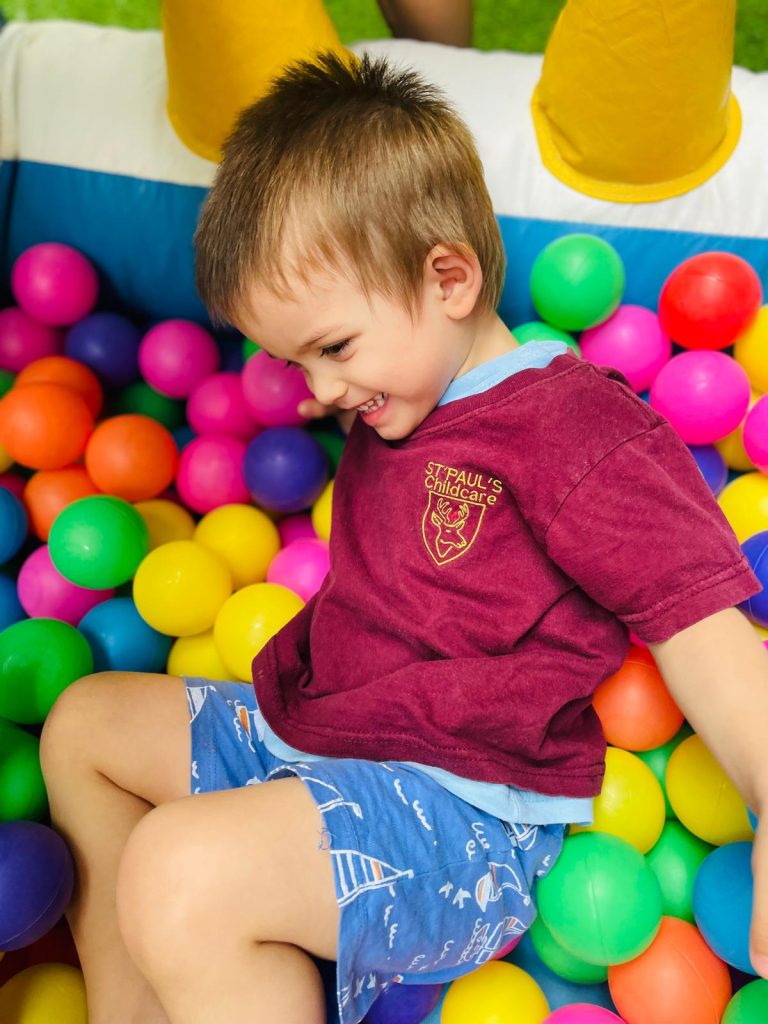
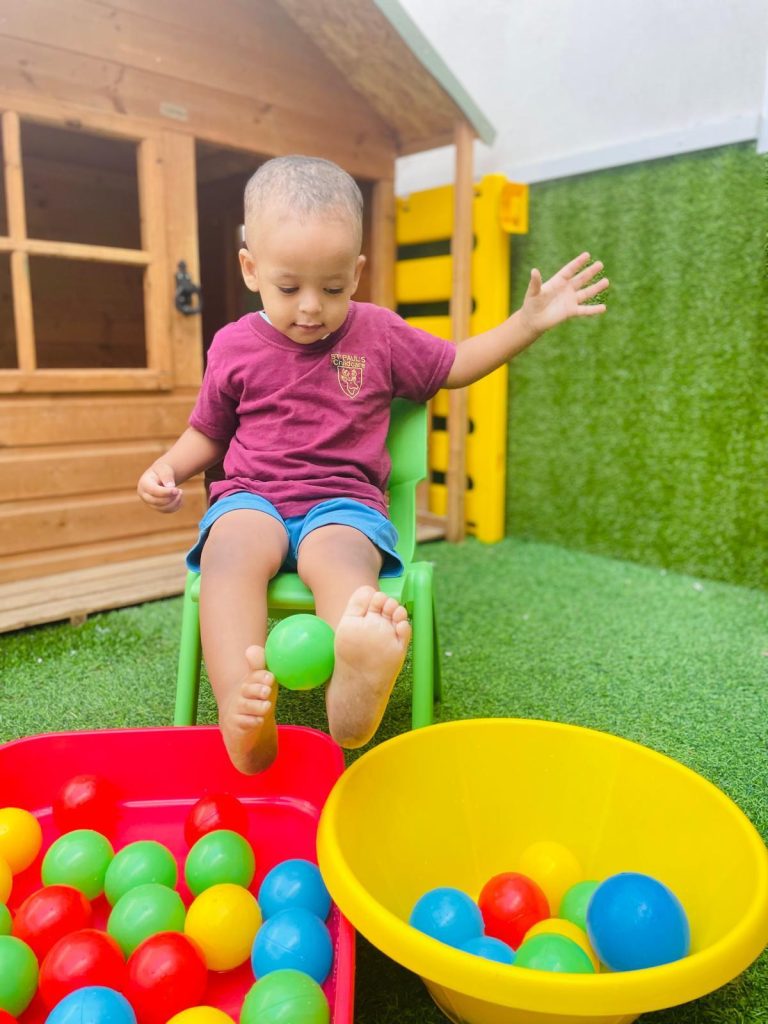
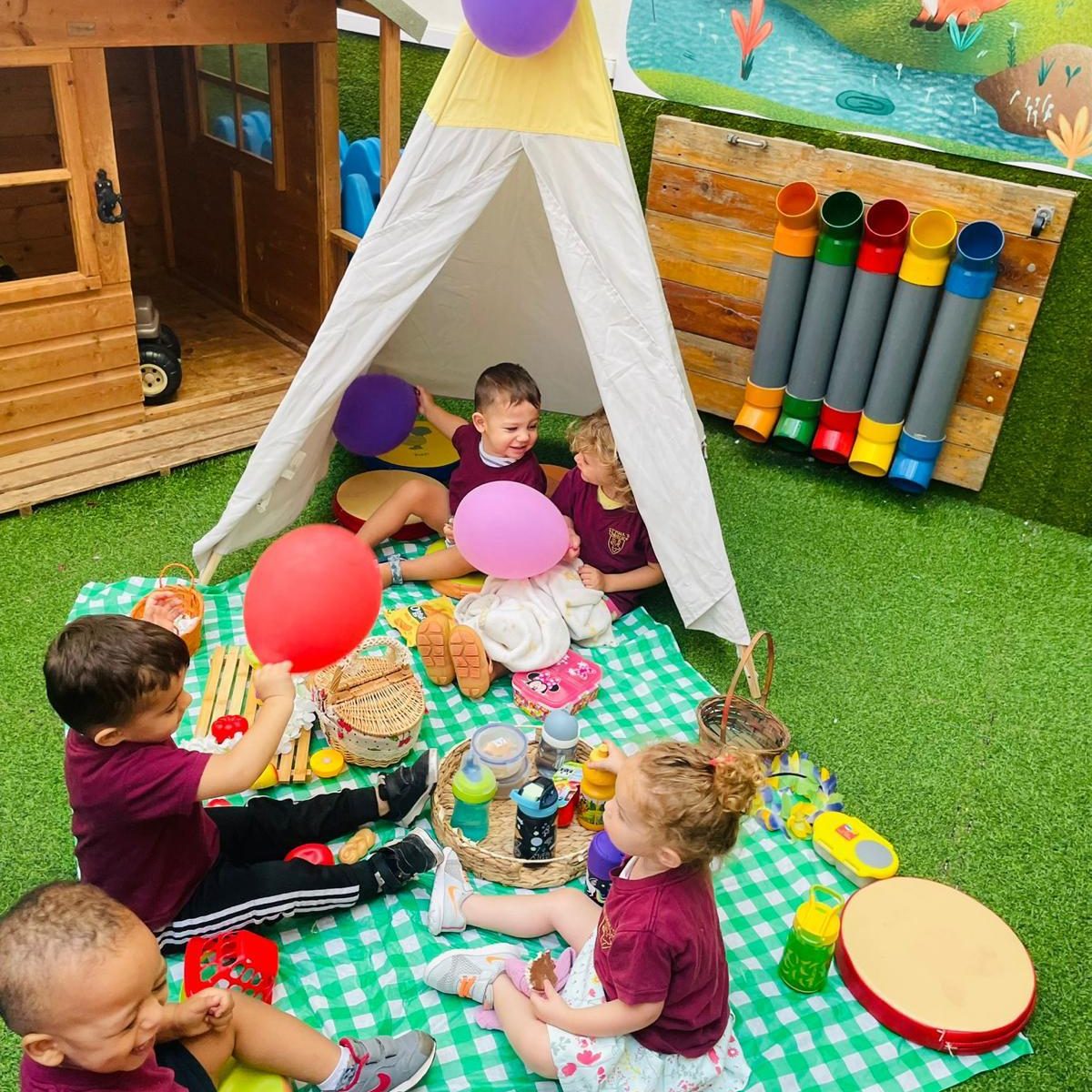
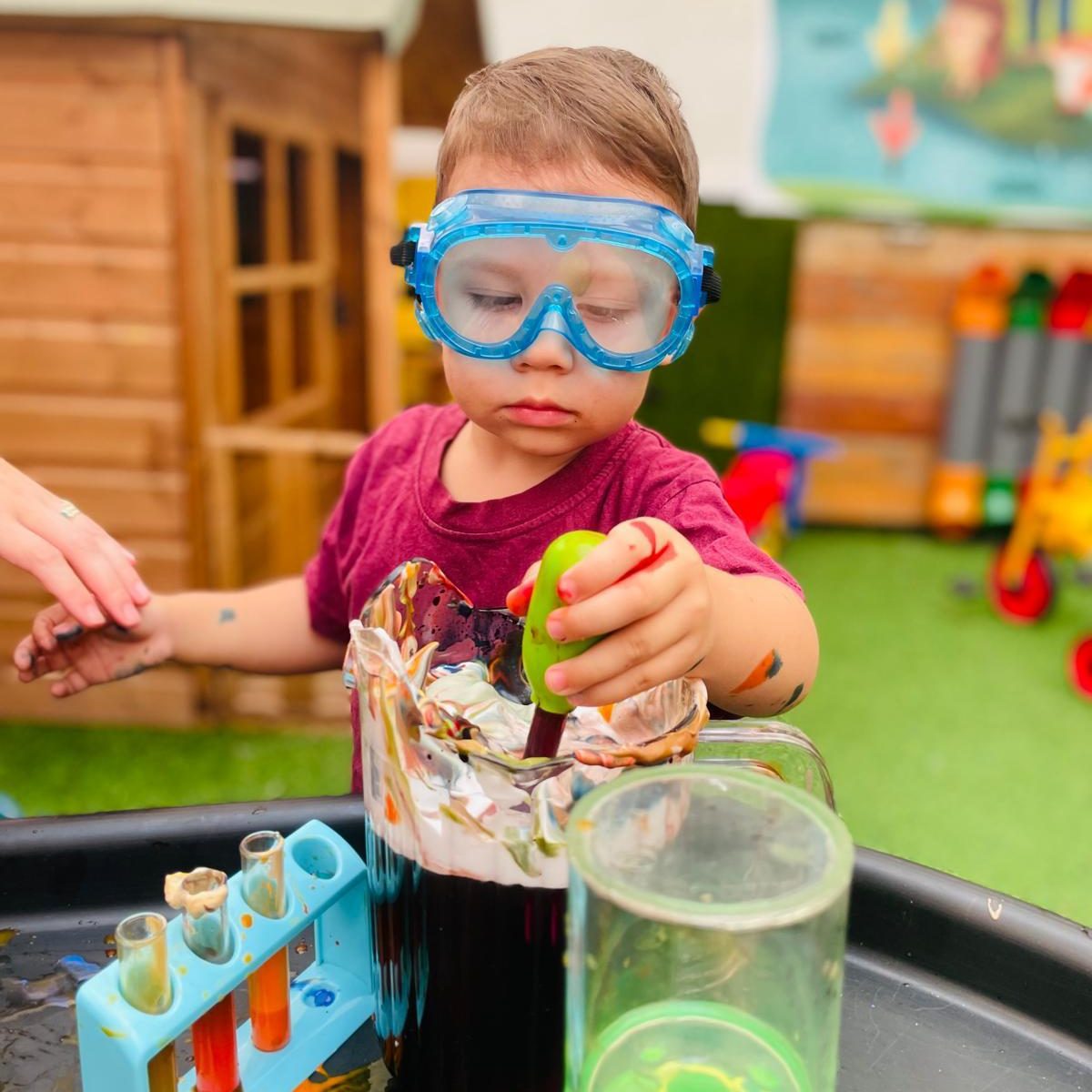
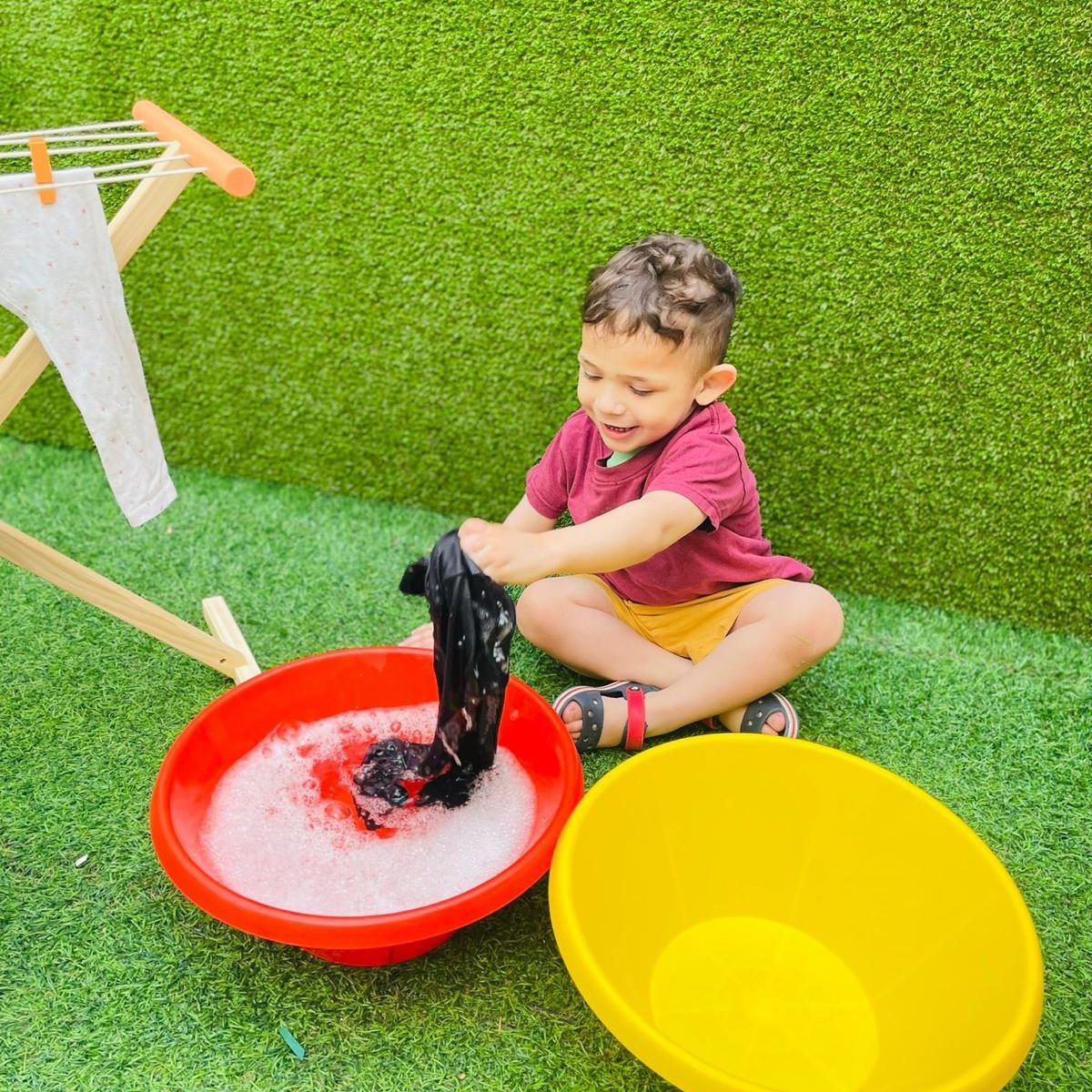
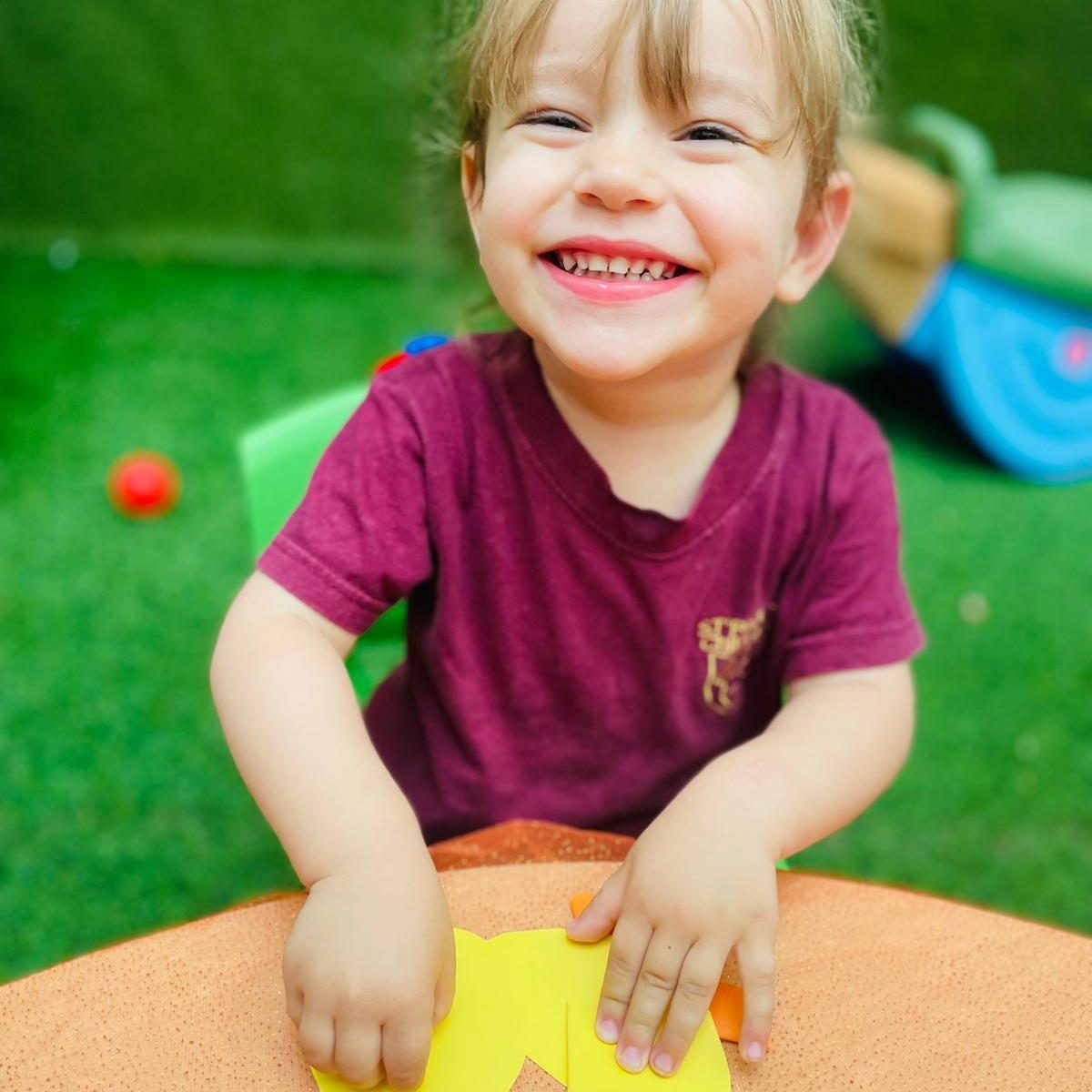
Personal, Social and Emotional Development
PSED is possibly the most important area of learning within the EYFS as this is where the children learn how to become actively involved in the world around them. Personal development is about how children learn about who they are and what they can do. Social development is all about the children engaging with others, making friends, understanding rules. Emotional development starts with children understanding their own emotions and then understanding others emotions and developing empathy. Relationships lie at the heart of everything we do both at school and into adulthood. We provide a wealth of opportunities and encouragement for children to develop skills in sharing, tolerating, cooperating to support future friendships and wellbeing.
Communication and Learning Skills
Within this area we help learners to develop the skills they need for effective communication. This includes the development of receptive and expressive communication, language skills (speaking and understanding), listening and attention. Through a Total Communication approach, we support children and young people to communicate in different contexts. Our children and young people may communicate using speech, signing, picture exchange or through technology. This domain is the foundation upon which all other learning is built, and therefore it is essential that incidental opportunities to develop communication skills are capitalised.
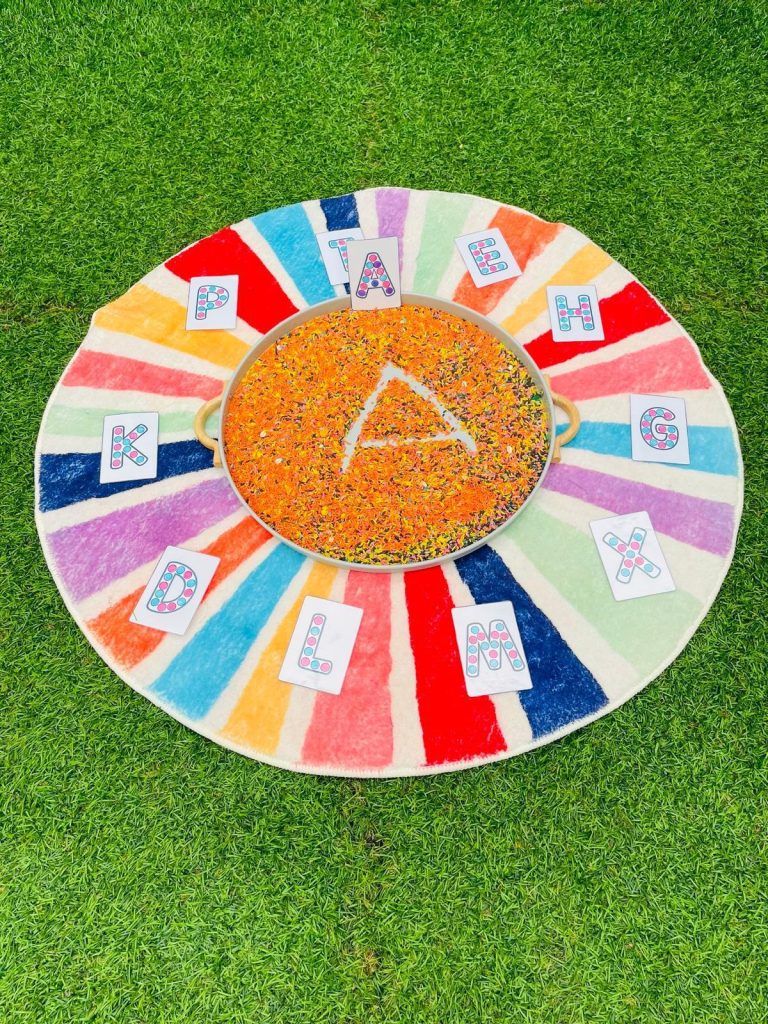
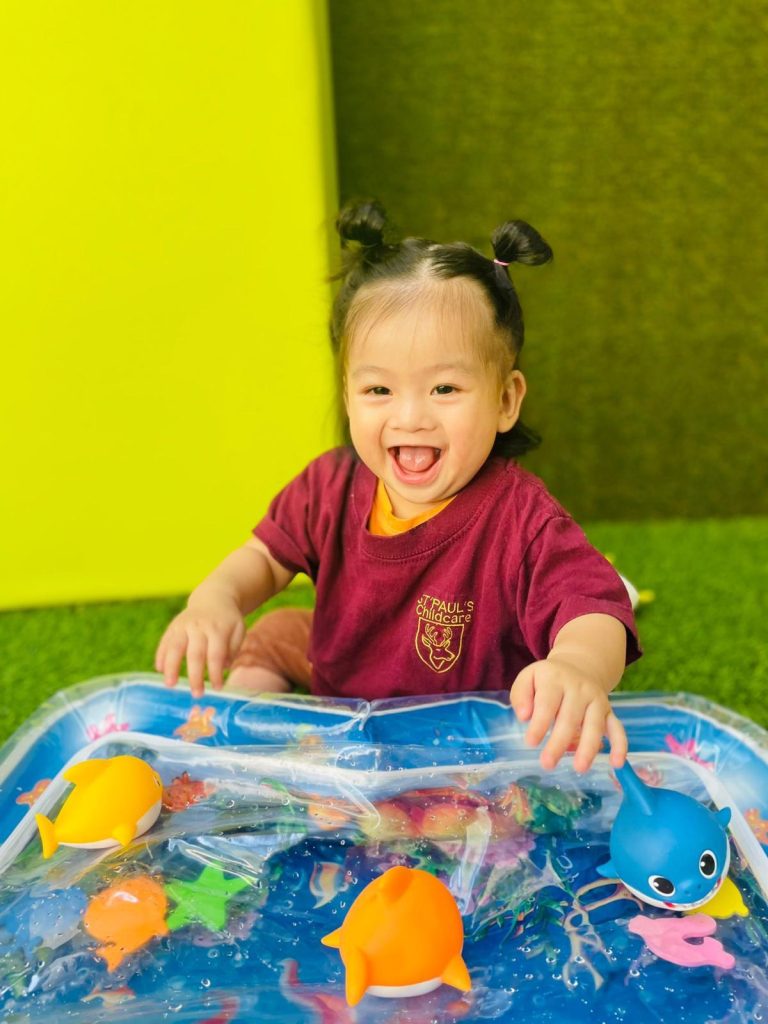
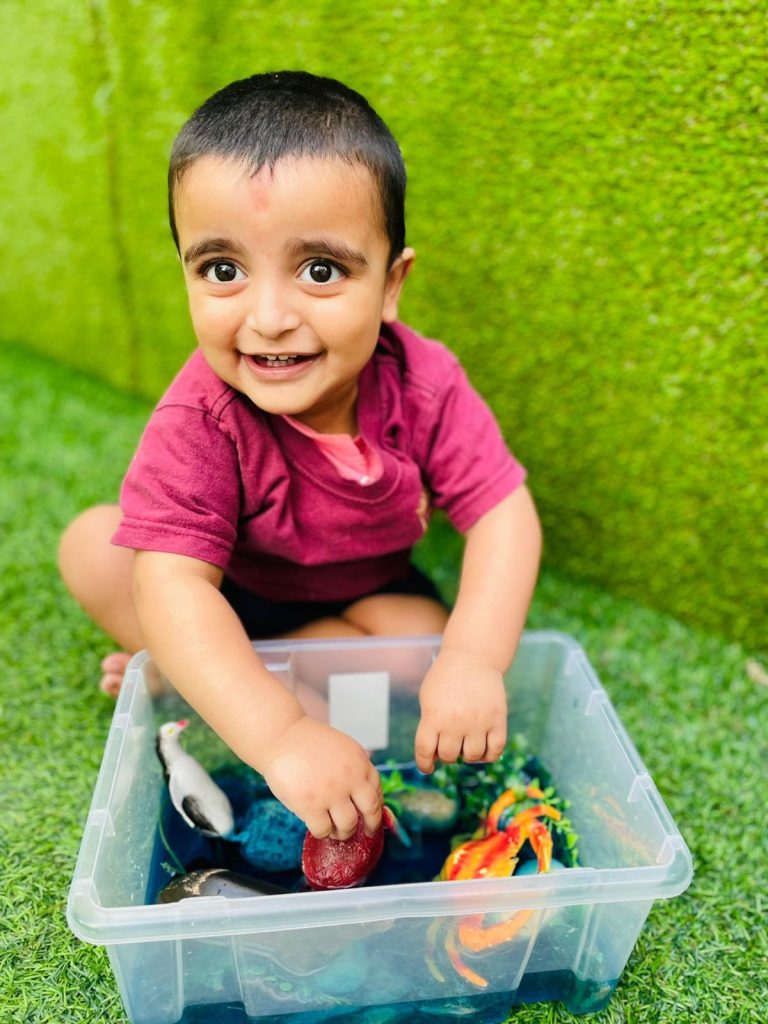
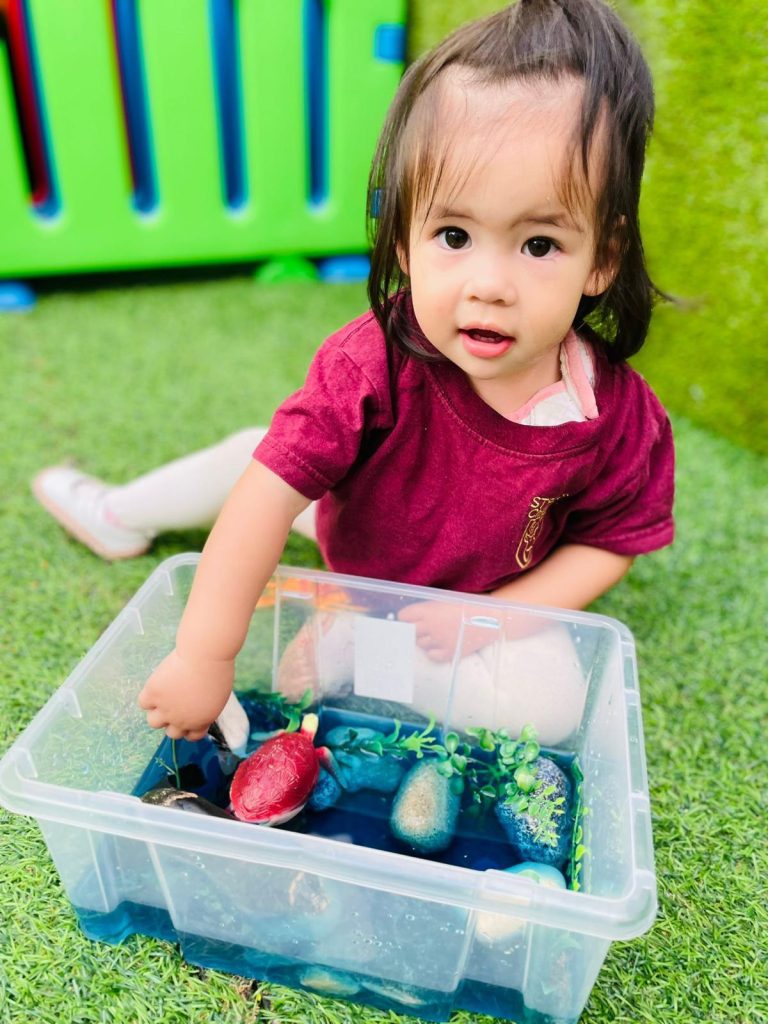
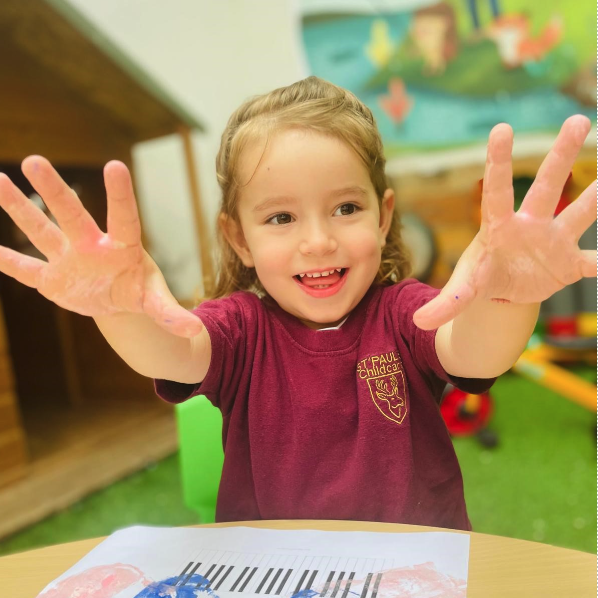
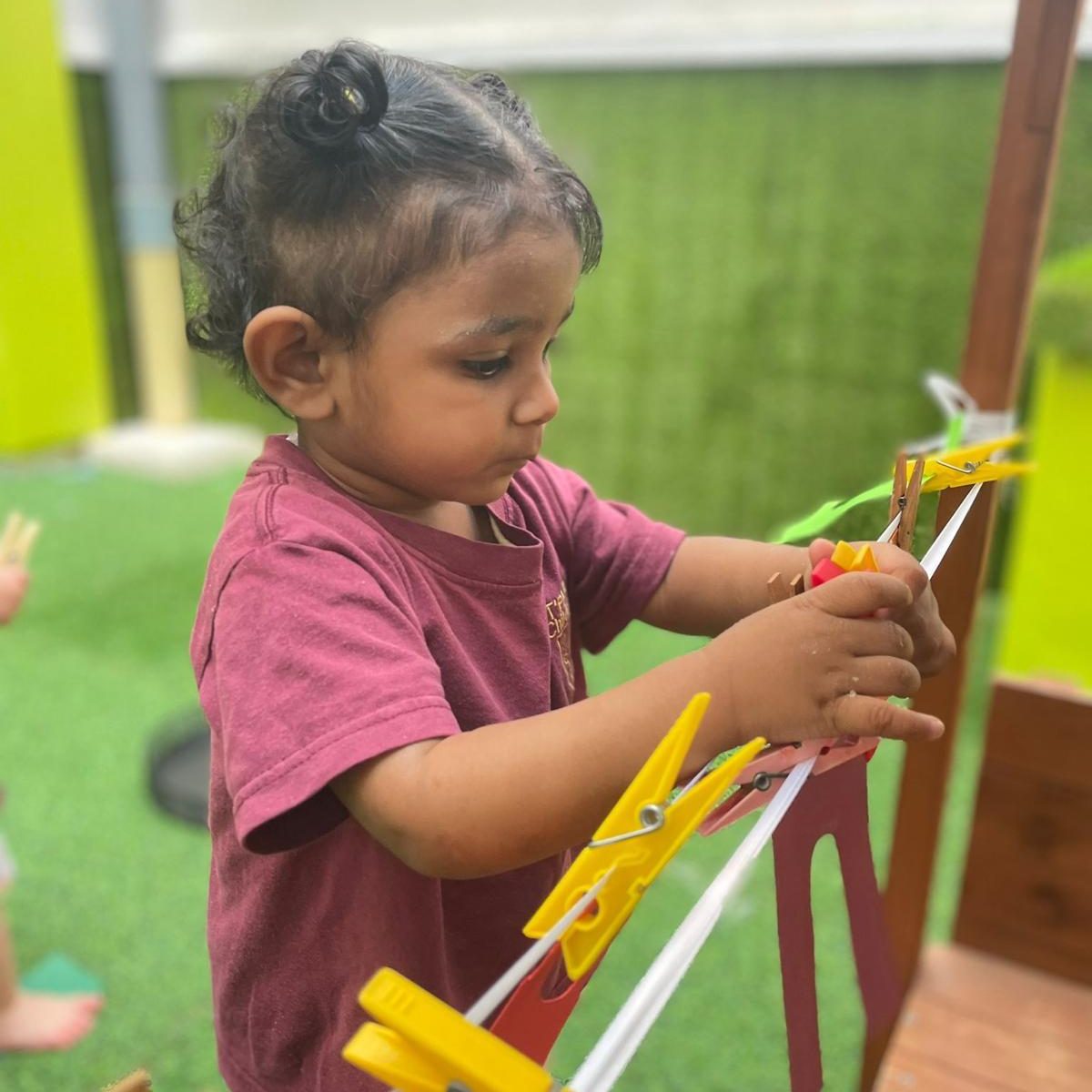
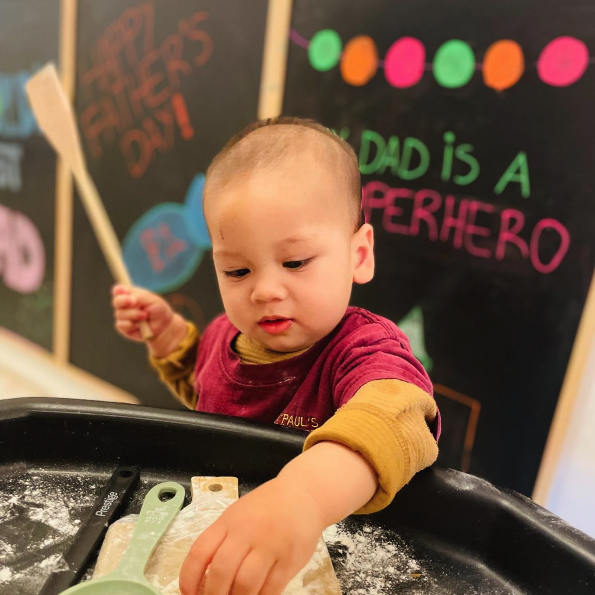
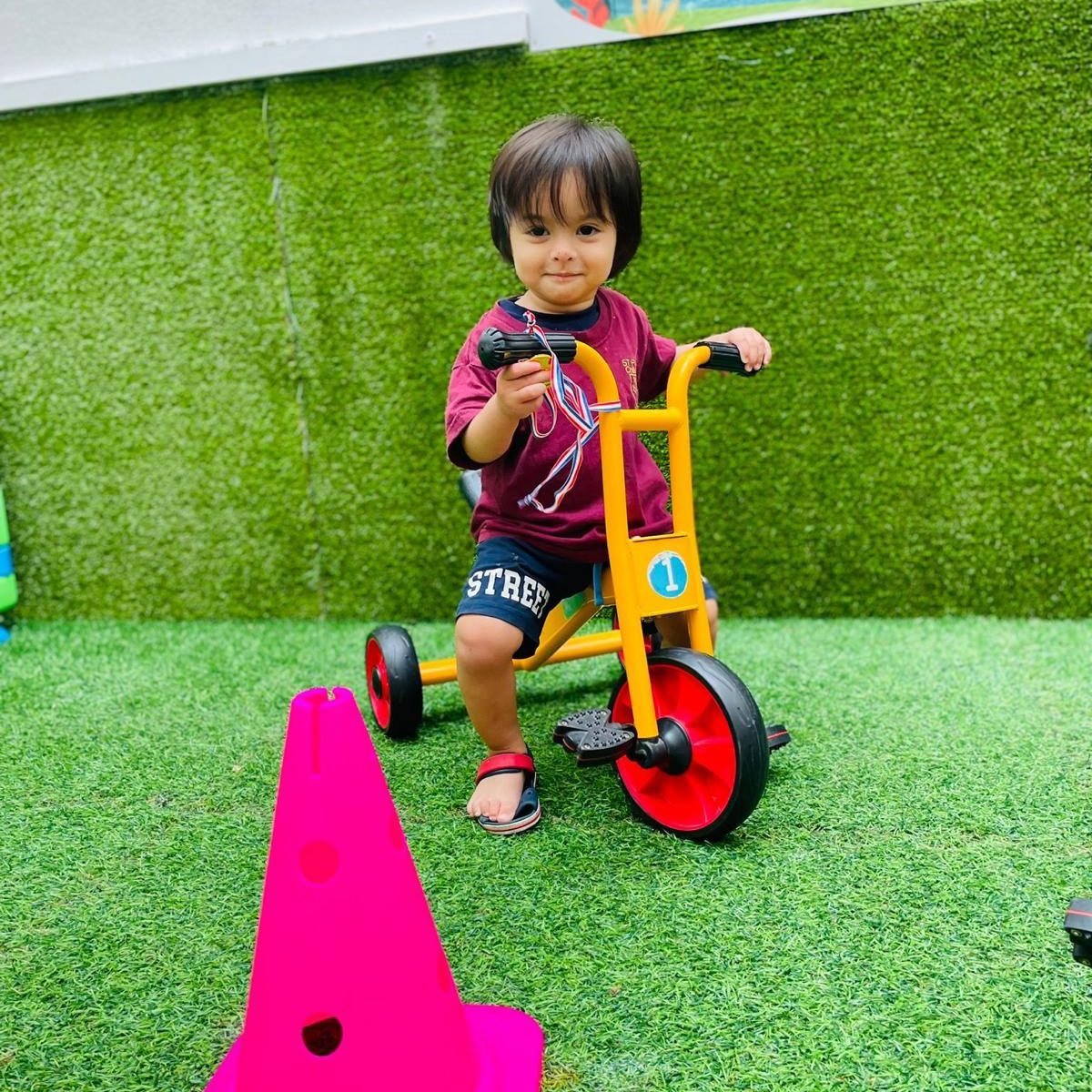
Creative Development
We have the evidence in archaeological remains and historical artefacts that humans have always commented on the world they live in, using available materials as well as their voices and bodies to record stories, songs and dance. The need to describe and share experiences seems to be very important to us. Studies of child development have revealed that children must have the opportunity to produce representations that reflect their own experiences, thoughts and feelings. Offering young children the opportunity to explore a rich range of creative experiences will help to develop a child who is able to:
- Make connections with others by ‘speaking’ feelings in verbal/non-verbal ways.
- Express thoughts and possibilities on a given subject.
- Challenge ideas and problem solve in a variety of situations.
- Develop a personal definition of aesthetic beauty.
- Consider cultural issues.
- Demonstrate good self-esteem.
- Extend physical skills.
These are life skills that will enable young children not only to access all areas of learning but to develop their full potential as human beings.
Are you interested and would like to know more?
Send us a message with any of your questions and we will get back to you with any information you require.
"*" indicates required fields